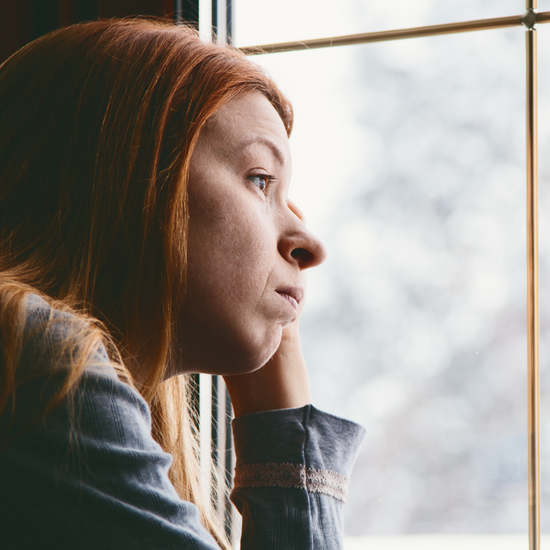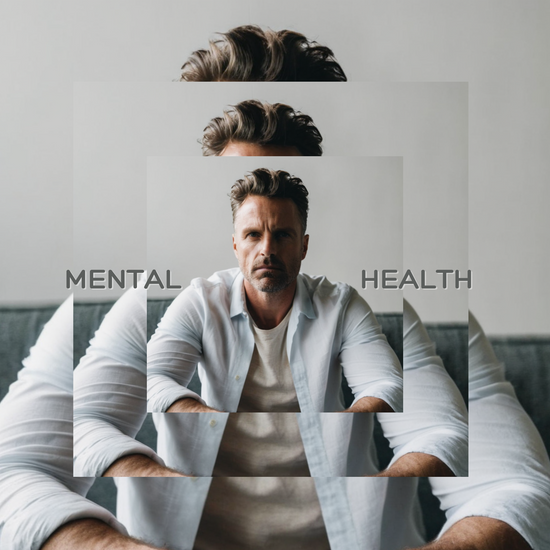Loneliness is one of the largest health concerns because it can be devastating for physical health. Loneliness, living alone and poor social connections are as bad for your health as smoking 15 cigarettes a day, and lonely people are also more likely to suffer from dementia, heart disease and depression.
The bodies of lonely people are more likely to have:
· High blood pressure and cardiovascular disease. Feeling lonely can make our environments feel unsafe or unfriendly, which can make heart rates faster and blood pressures go up.
· Reduced immunity. Lonely people can also be more susceptible to illness. A 2005 study found they didn’t produce antibodies as well as those of non-lonely people.
· Inflammation. The lonely are especially susceptible to chronic inflammation, which is considered a key component in a wide range of health maladies.
· Poor sleep. Lonely people took longer to fall asleep than non-lonely people, slept for a shorter time, and had “greater daytime dysfunction.”
Who Does Loneliness Affect?
Over 9 million people in the UK — more than the population of London — struggle with loneliness. Half a million older people have said they go at least five or six days a week without seeing or speaking to anyone at all. And it doesn’t end there:
· 50% of disabled people will be lonely on any given day
· 43% of 17–25-year olds had experienced problems with loneliness
· 40% of older people say television is their main company
· 24% of parents surveyed said they were always or often lonely
The good news is that there are steps we can take to alleviate loneliness in both ourselves and those around us.
Comforting the Lonely Around You
If your partner is lonely
For a person supporting a partner who’s lonely, the key is listening and trying to empathise with them. Ask questions like: what can I do so you feel less lonely?
If your friend or family member is lonely
The simplest way to ease the feeling of loneliness is by meeting new people. Offer to try a new hobby with them or join a gym together. Fitness has been proven to boost mental health and it’s a great opportunity for both of you to catch up.
If you suspect someone is lonely
If someone hasn’t explicitly told you they’re lonely, it can be hard to know how to help. But the solution is simple: talk. If you suspect a neighbour is lonely, stop by for a chat or invite them over for a cuppa. Is there always someone on their own in your local pub? Take some time out to talk to them.
Other ways to help:
If you want to specifically tackle loneliness through volunteering, places like Age UK, North and South London Cares, The Silver Line and Contact the Elderly specialise in forming relationships between younger and older people. These types of intergenerational bonds are critical to mending the wounds of divisive politics and media.
If you haven’t got time to volunteer but would still like to help, simple things like having a friendly chat with another person on a bus, picking up the phone to ring a friend or relative for a chat, or reaching out to a neighbour are all ways to combat loneliness.
Be Good To Yourself
You can’t pour from an empty vessel. So while it’s important to think about those around you, taking special care of yourself is crucial, too. There’s a number of ways that you can help keep your own loneliness at bay:
Understand That You’re Not Alone
While you may be feeling alone in your life right now, knowing that others are going through the same thing may help. It’s uncomfortable being lonely, but it’s also OK to feel this way.
Rethink Your Expectations
Part of why holidays feel lonelier is that our society has high expectations for this time of year. The absence of a romantic partner or a close family is felt more acutely when inundated with parties and gift exchanges. And always remember that nobody posts their whole life on social media, only a highlights reel. Don’t compare your entire life to someone’s cherry picked moments.
Get Connected
You may feel lonely when surrounded by people, but it can help to reach out to them. Message people over social media whose statuses you usually just “like,” and catch up on old friendships.
Cultivate Gratitude
If you’re feeling a lack of love in your life, try to focus on the love that you do have — from friends, family, neighbours, and even pets. You can also focus on things you really value in your life, like your work, the hobbies you have, or even just your potential.
Give to Others
Donate your time to a cause you believe in. You’ll be part of something larger than yourself, and it can also be a great way to meet like-minded people you can form friendships with.
Examine Your Feelings
You may want to examine what’s behind your feelings of loneliness, either on your own or with the help of a therapist. If you feel lonely much of the time, this may be a cue that you need to make some changes. Taking up a hobby (and going to a local group dedicated to that hobby), and learning to date yourself can help.
Loneliness is tough, but together we can build the community ties that help keep it at bay. You may also want to let someone know you’re thinking of them with one of our beautifully curated gift boxes.





